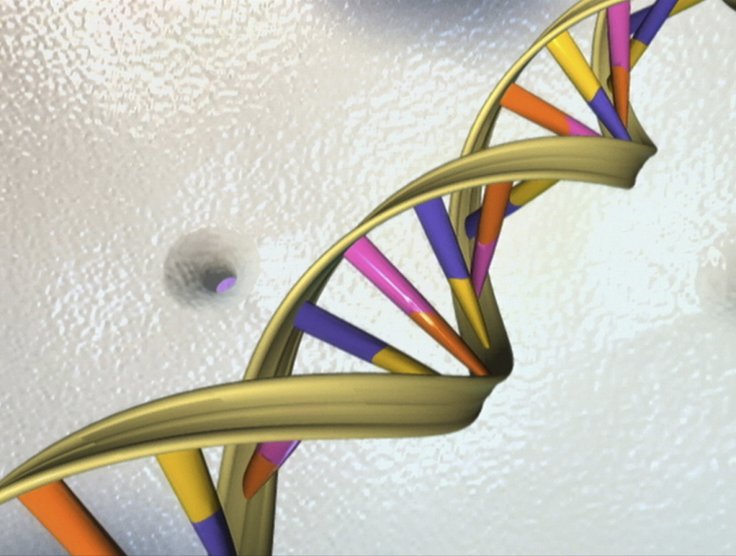
The oldest nuclear DNA from Africa ever has been discovered in eastern Morocco, adding new clues to the world's understanding of human history, a government statement said.
The Moroccan Culture Ministry announced on Thursday that the Deoxyribonucleic acid (DNA) was found at a burial site called Grotte des Pigeons near the eastern town of Taforalt.
The sequenced DNA dates back to approximately 15,000 years ago, Xinhua quoted the Moroccan statement as saying.
The statement said that the discovery was made by an international team of researchers, led by Abdeljalil Bouzouggar from the Morocco's Institute of Sciences of Archaeology and Heritage and Johannes Krause and Choongwon Jeong from the Max Planck Institute for the Science of Human History in Germany.
The individuals, dating to the Late Stone Age, found in this Northern African nation, had a genetic heritage that was in part similar to Near Eastern populations and in part related to sub-Saharan African populations, it noted.
"DNA from nine individuals from Taforalt were analysed, and we were able to recover mitochondrial data from seven of the individuals and genome-wide nuclear data from five of the individuals," Bouzouggar said.
"Because of the age of the samples, at approximately 15,000 years old, and the poor preservation characteristic of the area, this is an unprecedented achievement," he pointed out.
This is the second major archaeological achievements made in Morocco in a year.
In June 2017, a team of international scientists discovered the fossils of Homo sapiens, the world's oldest human species, in the remote village of Jbel Irhoud near the southern city of Youssoufia.
According to Morocco's Institute of Sciences of Archaeology and Heritage, the remains of the Homo sapiens date back to more than 300,000 years ago.
The remains push back human species' origins by 100,000 years, and suggest that humans didn't evolve only in East Africa. (IANS)









